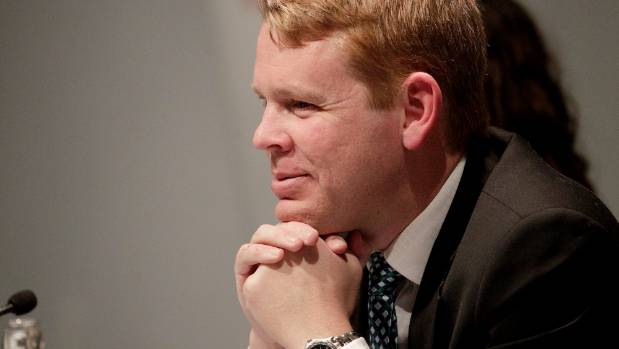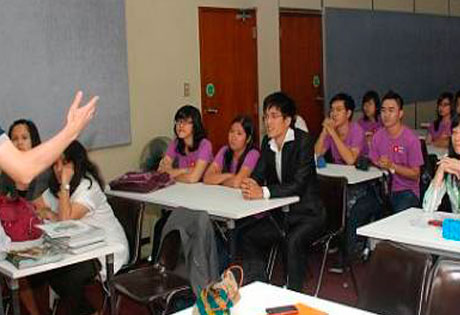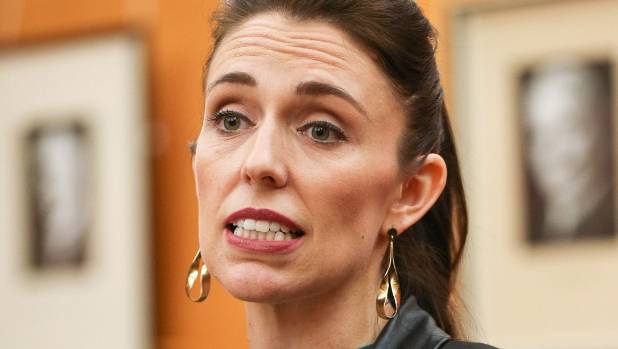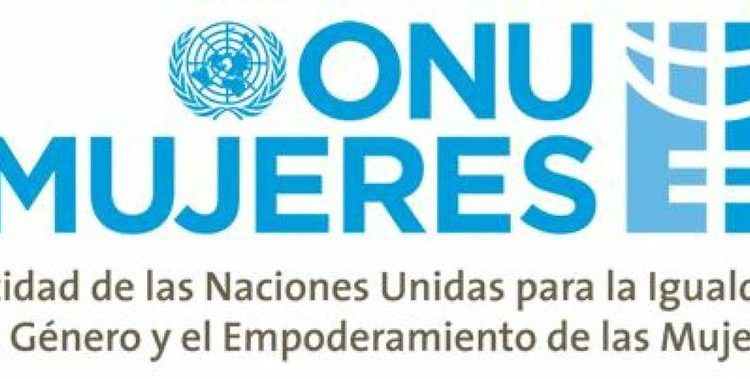Oceania/Nueva Zelanda/stuff.co.nz
Resumen: Hipkins es muy consciente de cuán limitado es el suministro de maestros y no hay peor aspecto para un nuevo ministro que los estudiantes que asisten a la escuela en enero para asistir a clases con un número insuficiente de maestros. Eso significa que todas las políticas que el gobierno anterior ya había financiado en torno a la contratación se mantendrán, pero también se está considerando cualquier otra opción que pueda tener un efecto. Hipkins tendrá un conjunto completo de mecanismos de reclutamiento en las próximas semanas y un paquete completo saldrá antes de Navidad para asegurar que tantos maestros (tanto aquí como en el extranjero) que las escuelas puedan tener en sus manos estén en las aulas por trimestre el próximo año. Auckland es un área problemática en este sentido y National fue presionada el año pasado para proporcionarles a los maestros de la ciudad más grande del país un salario extra para cubrir los crecientes costos de vida. National se mantuvo al margen y Hipkins tampoco está convencido y la profesión en sí misma no está segura de cómo funcionaría. De todos modos, tendría que ser parte de un acuerdo de negociación colectiva, algo que Hipkins ya tiene en sus manos el próximo año. El ministro ha cuestionado qué tanta «buena fe» estuvo involucrada en el sindicato de docentes más grande del país, NZEI, publicando una declaración antes de que se forme un gobierno amenazando con una huelga mientras presionan por alzas salariales de hasta 14.5 por ciento a principios del próximo año. «En la última década, los salarios de los docentes se han visto restringidos, eso no se resolverá repentinamente de la noche a la mañana», dice. En pocas palabras, los laboristas no tienen suficientes monedas en el kitty para darles a los maestros ese tipo de aumento salarial. Pero Hipkins dice que no solo se trata de pagar y quiere trabajar con la profesión con otros incentivos, como las condiciones de trabajo. La política laboral ya planea reducir la carga de trabajo de los docentes, por ejemplo, mediante la eliminación de los estándares nacionales, y aumentar el desarrollo profesional y resolver los problemas de retención. Y todos los maestros indignados por la introducción de escuelas chárter en virtud de un acuerdo de confianza y suministro entre National y ACT, pueden dormir tranquilos sabiendo que no habrá más puertas nuevas, con la posible excepción de las dos que se abrirán el próximo año. En cuanto a los cuatro programados para 2019, Hipkins dice que puede decir con cierta confianza que no seguirán adelante. Y todavía está en el proceso de averiguar cómo llevar a los 10 que ya están en funcionamiento al redil principal.
There’s nowhere near enough time between now and the festive season to completely remodel the tertiary funding system, which is why newly appointed Education Minister Chris Hipkins has had to sit down with officials this week to work out an interim solution.
Next year a longer-term redesign of the model will be done to ensure Labour meets its promise of three free years of tertiary study by 2024.
That alone will keep Hipkins under the pump for the next couple of months, but there’s loads more changes coming in the education sector.
While recruiting enough staff seems to be one of the biggest hurdles for Labour at the moment, there’s plenty of work already under way in the ministries to ensure Labour can fulfil its commitments.
Hipkins is well aware of how stretched teacher supply is and there’s no worse look for a new minister than students turning up at school in January to classes with not enough teachers.
That means every policy the prior government had already funded around recruitment will stay, but any other option that might have an effect is also being considered.
Hipkins will have a full suite of recruitment mechanisms in the coming weeks and a complete package will go out before Christmas to ensure as many teachers (both here and overseas) that schools can get their hands on will be in classrooms by term one next year.
Auckland is a huge problem area in this regard and National was put under pressure in the past year to provide those teachers in the country’s biggest city with extra pay to meet rising living costs.
National steered clear of it and Hipkins isn’t convinced either. And the profession itself isn’t sure how it would make it work.
Regardless, it would need to be part of a collective bargaining agreement – something Hipkins has already got his hands full with next year.
The minister has questioned how much «good faith» was involved in the country’s largest teacher union, NZEI, putting out a statement ahead of a government being formed threatening strike action as they push for pay rises of up to 14.5 per cent early next year.
«Over the last decade teacher salaries have been constrained, that’s not going to suddenly all be fixed overnight,» he says.
Put simply, Labour don’t have enough coin in the kitty to give teachers that kind of pay increase.
But Hipkins says it’s not just about pay and he wants to work with the profession on other incentives, like work conditions.
Labour policy already plans to reduce teachers’ workload, such as through its scrapping of National Standards, and increase professional development and resolve retention issues.
And all those teachers outraged by the introduction of charter schools under a confidence and supply agreement between National and ACT, can sleep easy knowing there won’t be any more new doors opening, with the exception possibly of the two due to open next year.
As for the four scheduled for 2019, Hipkins says he can say with some confidence they won’t go ahead. And he’s still in the process of working out how to bring the 10 already in operation into the mainstream fold.
Hipkins was very critical of the poor track record of the Whangaruru school in Northland and the millions of dollars invested in it that the ministry was unable to recoup from the school’s trust when then-Education Minister Hekia Parata shut it down.
He says if he can get the money back he will, he’s just not sure how realistic that is.
Also delighting teachers is the death of National Standards – but that doesn’t mean gone are the days of reporting.
Hipkins is clear he doesn’t want to leave a hole and there has to be a transition process for teachers, parents and students.
Ultimately it will mean a lighter workload for teachers and more time to teach. There’ll be less assessment, but Hipkins insists the quality of it will be better.
This is going to be a real test for the new minister. The biggest risk he faces is teachers taking that as permission to stop tracking students’ achievements altogether, or worse, not using the extra time to really work on improving the country’s literacy and numeracy rates.
If literacy and numeracy do not markedly improve in New Zealand on the back of National Standards being scrapped then Hipkins will have questions to answer.
He describes it as wanting «more feeding and less weighing of the pig» – if the pig winds up lighter when it hits the scales then the country really has a problem.
NCEA isn’t on the cards to be scrapped but it will undergo a full review on Hipkins’ watch. After 15 years it needs to continue to evolve, he says.
At the same time teachers needed to be trusted more and just because something wasn’t being assessed didn’t mean it wasn’t happening.
He’s not big on targets around student qualifications but could consider setting some around those teenagers not in employment, education or training (NEETs).
There’s a real «paradigm shift» needed as part of the NCEA review and that means moving how students and teachers think about NCEA, which is currently credits and subjects, to what employers care about – that’s skills.
Another much-needed shift is in the way mental health care is provided to students currently.
Some of the issues around youth accessing mental health care aren’t necessarily a lack of resources but the stigma attached to it.
That might mean the ministry needs to look at whether students avoid using school counsellors because they feel like they’re resorting to a shrink.
There is evidence that the more discreet health services – the ones referred to more as drop-in centres – are more effective because help is offered more subtly.
Expect to see some serious change in the way these services are delivered, particularly in schools.
The workload ahead is no easy task and Hipkins also has a young and ambitious marksman in National’s Nikki Kaye.
He’ll be hoping his own report card in 12 months’ time is well and truly above the national standard
Fuente: https://www.stuff.co.nz/national/politics/98515516/education-ministers-shakeup-will-scrap-national-standards-and-review-ncea














 Users Today : 7
Users Today : 7 Total Users : 35460216
Total Users : 35460216 Views Today : 10
Views Today : 10 Total views : 3418905
Total views : 3418905